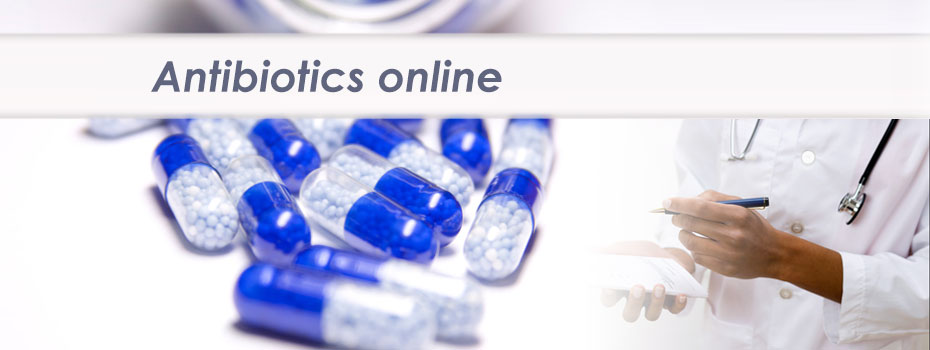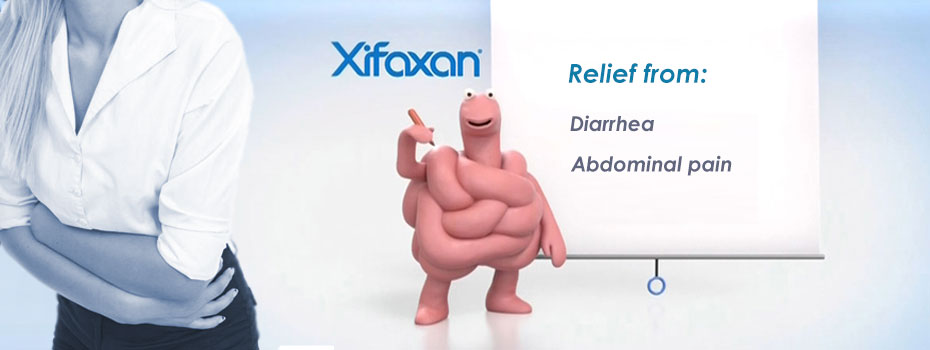Resistance to antibiotics serious threat to public health care
In the new report of WHO the problem of resistance to antimicrobic preparations, including antibiotics, at the global level is for the first time considered. It testifies that this serious danger doesn't represent only any more the forecast for the future as it is already shown in each region of the world right now and can have an adverse effect on everyone, irrespective of age, in each country. Resistance to antibiotics isthe phenomenon when bacteria change so that antibiotics don't make any impact any more on an organism of people who need them for fight against an infection, and it now one of the most serious threats for human health.
"Due to the lack of prompt and coordinated actions of many interested parties our world enters an era when antibiotics lose efficiency, both usual infections and small injuries which could be cured within many decades, now can kill again", the Assistant to the CEO of WHO on safety of health care Dr. Keiji Fukuda speaks. "Effective antibiotics were one of the major elements which allowed us to live more long, to be more healthy and to take advantages of modern medicine. If we don't take essential measures for improvement of prevention of infections and we won't change methods of production, appointment and use of antibiotics, our world will lose more and more these achievements of public health care, and consequences of this inaction will be devastating".
Main conclusions of the report
In the report under the name "Resistance to antimicrobic preparations: the global report on an surveillance" it is specified that the element of stability is shown in case of a set of the most various carriers of an infection. At the same time in it special attention to resistance to antibiotics of 7 various bacteria which cause widespread and serious diseases, such as blood poisoning (sepsis), diarrhea, pneumonia, infections of urinary tract and gonorrhea is paid. These results cause big concern, documenting resistance to antibiotics, in particular to antibiotics which appoint as "last resort", in all the region of the world.
Main conclusions of the report:
- Resistance to the preparations for treatment used as a last resort in case of the infections menacing to life of people who are called by usual intestinal bacteria of "Klebsiella pneumonia" (antibiotics of group of a karbapenema) gains distribution in all regions of the world. K. pneumonia — one of the most important reasons of hospital infections, such as pneumonia, infections of blood, an infection among newborns and patients who are in intensive care units. In some countries antibiotics of group of a karbapenema don't make any impact because of stability on more than a half of people who are exposed to treatment for K. pneumoniae infections.
- Resistance to one of the most widespread antibacterial means (ftorkhinolona) used for treatment of infections of urinary tract which reason are E. coli was also widely adopted. In the 1980th years when these medicines were introduced in practice for the first time, stability practically equaled to zero. Today there are countries in many parts of the world in which this treatment is now inefficient for more than a half of patients.
- Cases of absence of effect of treatment of gonorrhea are confirmed with the means appointed as "last resort" (a tsefalosporina of the third generation) in Australia, Austria, Canada, Norway, Slovenia, the United Kingdom, Sweden, France, South Africa and Japan. Gonorrhea infects daily in our world more than one million people.
- Resistance to antibiotics leads to that people are ill a current of longer time, and the probability of a deadly outcome increases. For example, by estimates, the probability of death of the people infected with MRSA (metitsillin-steady bacteria of Staphylococcus aureus) is 64% higher in comparison with people with a medicinal and unstable form of an infection. Stability also leads to increase in expenses on medical care as a result of longer stay in hospitals and assumes need of more intensive treatment.
Key ways of fight against resistance to antibiotics
In the report it is noted that the key means allowing to counteract resistance to antibiotics such as basic systems of tracking and control of this problem, are characterized by certain shortcomings or simply don't exist in many countries. Though some countries took important steps for the solution of this problem, nevertheless each country and each person have to do more.
Other important measures include prevention of infections at the most initial stage — due to the best hygiene, access to clear water, fight against infections in medical and sanitary establishments and vaccination for decrease in need for antibiotics. WHO also pays attention to need of development of new diagnostic aids of antibiotics and other means which would allow experts of public health care to be ready to emergence of medicinal stability.
This report represents the initial stage which has to make active global efforts under the direction of WHO on a solution of the problem of medicinal stability. It assumes development of appropriate means and standards and increase of efficiency of cooperation around the world for tracking of medicinal stability, measurement of its impact on human health and economy and development of purposeful decisions.
What can make each of us?
People can help with counteraction to development of stability by means of:
- uses of antibiotics only in that case when they are appointed by the doctor;
- full compliance with the ordered mode of acceptance of antibiotics even if the health improves;
- prevention of transfer of antibiotics to other persons or use of the remains of the ordered medicines.
Health workers and druggists can help with counteraction to development of stability by means of:
- strengthenings of system of prevention of an infection and fight against it;
- appointments and holidays of antibiotics only in that case when they are really necessary;
- appointments and holidays of the correct antibiotics for treatment of this illness.
Directive bodies can help with counteraction to development of stability by means of:
- strengthenings of system of tracking of stability and laboratory opportunities;
- regulations and encouragement of appropriate use of medicines.
Directive bodies and the industry can help with counteraction to development of stability by means of:
- strengthenings of innovative work and researches and development of new means;
- expansions of cooperation and exchange of information among all interested parties.
This report which also includes information on stability to medicines for treatment of other infections, such as HIV, malaria, tuberculosis and flu, contains a picture of medicinal stability fullest today taking into account data from 114 countries.
Should I be afraid of antibioticsUseful bacteria instead of antibioticsWhen to take antibiotics










